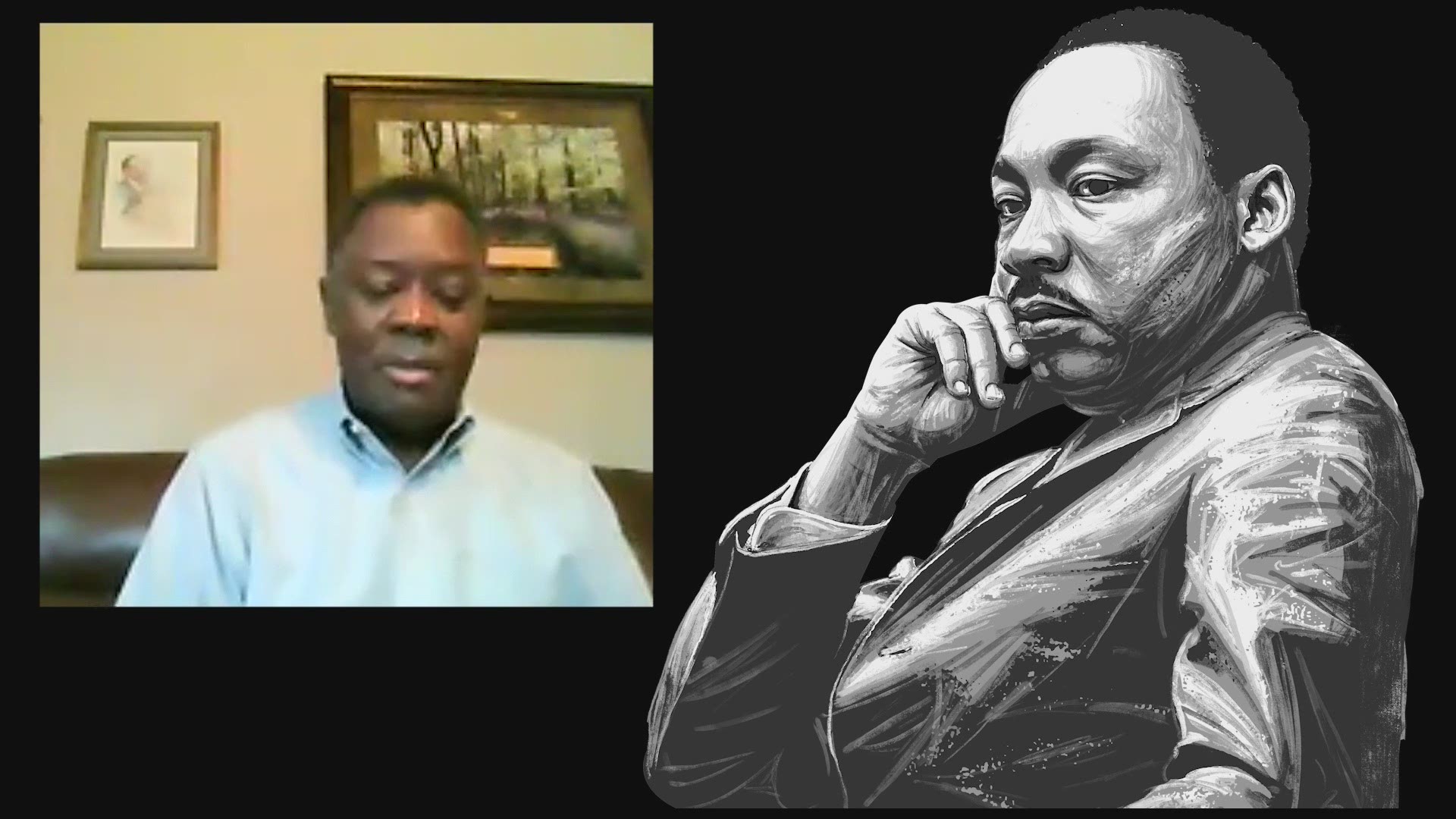HUNTSVILLE, Ala. — Today, our country honored the late Rev. Dr. Martin Luther King, Jr. through a day of service. However, some of our leaders in the Tennessee Valley reflect on if Dr. King's dream is still realized.
"Of all forms of discrimination and inequalities, injustice in health is the most shocking and inhuman." This is a quote from Dr. King in 1966. Fifty-five years years later, leaders believe when it comes to racial health disparities, there's still a long way to go.
"A lot of people of color work on jobs that don't provide insurance or health care," says Alabama State Conference NAACP President, Benard Simelton.
Simelton says lack of access to health care creates problems. "We're going to have more diabetics, more people with high blood pressure, compromised immune systems. And all those things combined with the pandemic makes us a lot more vulnerable as a race of people," he says.
"You can look across the medical spectrum, Black and Brown people are disproportionately affected," says United Women of Color Huntsville, Executive Director Angela Curry.
The Alabama Department of Public Health shows Black people make up close to 31% of those who died from COVID-19. However, Black people account for about 27% of the state's population.
Curry believes part of the solution is debunking certain myths associated with minorities. "African American skin is thicker than other people skin, and we don't feel pain like other people feel pain," she says.
There's also vaccine hesitancy in communities of color. Simelton, however, believes the vaccine will be helpful. "Learn about the vaccine, and make the right decision about whether they need it or not," he says.
Curry says she's aware that the country is confronting the long-standing issue of race. "Slowly but surely, more eyes are being opened, and I just look forward to the steps beyond that," she says.

